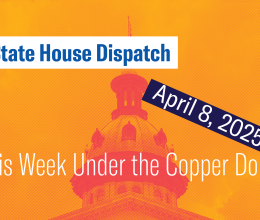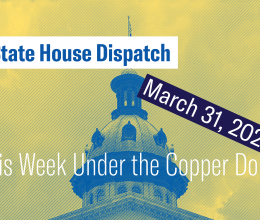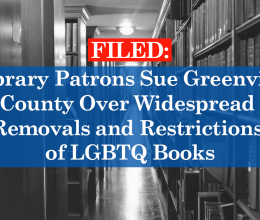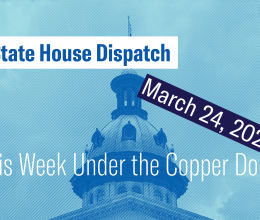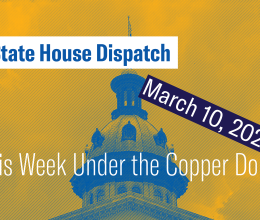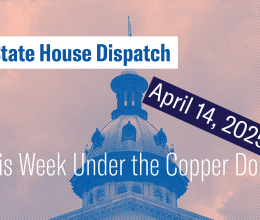
On March 27, the South Carolina House of Representatives passed House Bill 4289, which seeks to limit the use of Diversity, Equity, and Inclusion programs on college campuses. I want to offer a few words of reflection on this moment.
South Carolina history, from colonial times to the present, has been marred by Homogeneity, Inequity, and Exclusion. The fact that our leading lawmakers have prioritized an attack on Diversity, Equity, and Inclusion speaks volumes about the progress we have yet to make here.
We live in a poor state, a violent state, a state that practices cruelty toward its most vulnerable residents. Despite the real problems we face, the majority of state representatives have decided to spend time in the People’s House tilting at a windmill. While their constituents suffer from hunger, housing insecurity, and an education system that at times falls short of minimal adequacy, the lawmakers pushing H. 4289 have prioritized a culture war ginned up by their chosen media outlets.
Our state’s flagship universities have made serious commitments to promoting equity on campus by recruiting and retaining diverse faculty and students. In hearings about H. 4289, we have heard from leaders of those institutions who had serious misgivings about this bill — but we watched as certain lawmakers ignored and ridiculed their work.
The facts are plain: Black students remain vastly underrepresented in colleges that are supposed to serve all South Carolina’s children. But this status quo is not inevitable. The status quo is made by our own design.
Look at the history of the University of South Carolina: While it started as an all-white institution, it underwent a radical reimagining during Reconstruction. As the state and the city of Columbia rose from the ashes following the Civil War, Black Republicans including William James Whipper and Francis Lewis Cardozo opened USC’s enrollment to all for the first time. Not only that, but they created college preparatory courses to help Black scholars succeed once they arrived. They recognized the inequities of their time, and they built a new institution that rose to the challenge.
Their work is not complete. Their work is our work. DEI programs start from the recognition of inequality and seek to provide a remedy.
House Bill 4289 sets up a rolling inquisition into departments of Diversity, Equity, and Inclusion. Once a year, it requires universities to submit unique paperwork along with a list of complaints issued about their DEI programs to state lawmakers. The clear purpose and predictable outcome of this provision is to chill speech and put up a stumbling block in the long struggle for equality. Of all the issues in our state and schools, politicians have chosen this one issue for annual rounds of scrutiny.
We have real problems in this state. Wouldn't it be nice if our leading politicians stopped creating new ones?

